We are one team
Here to help
The Trust is committed to a restorative and balanced approach to crime and conflict that promotes justice and resolution for victims, reparation for the community, and accountability, personal development and re-integration of the offender into productive community life, with respectful treatment of all involved.
Our Board
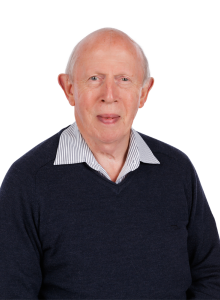
Glen Caves
A retired pharmacist with a special interest in addiction and mental health, Glen is a Fellow of, and Past President of the Pharmaceutical Society of NZ. He has been a Rotarian for almost 50 years, and is a Past President of the Rotary Club of Milson and a Past District Governor for Rotary District 9940, which covers the bottom third of the North Island. A Justice of the Peace, Glen sees Restorative Justice as potentially transformational for our community.
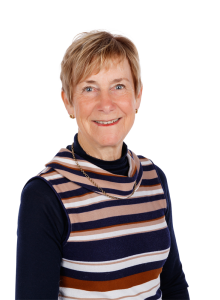
Darlene Westrupp
Darlene is a retired accountant, and is also on the Boards of Abbyfield Palmerston North and International Inner Wheel. She is passionate about dispute resolution and harm acknowledgement as a means of preventing further offending.
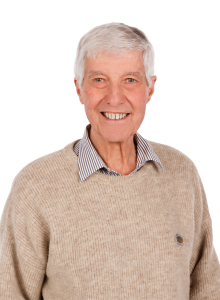
Kevin Frost
Subsequent to his role as Corporate Human Resources Manager for a large dairy compnay during the 1990s, Kevin became a self-employed Human Relations consultant. He is now retired and fulfilling his desire to give something back to the community. This has been predominantly in the social justice area, with governance roles in ACROSS Social Services and other not-for-profit organisations.He has been a trustee of Manawatu Restorative Justice Trust since 2008.
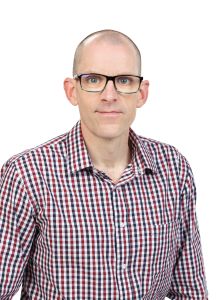
Tim Hesketh
Tim is a lawyer based in Palmerston North. He was admitted to the bar in 2013 and started work at community law centres, later moving to a well-regarded local law firm gaining experience across a broad range of legal practice areas before specialising in litigation, appearing in the District, Youth, Family and High Courts. He established his own practice in 2020 specialising in criminal law. He views Restorative Justice as an important part of the criminal justice system, providing better outcomes for victims of offending and reducing recidivism, especially in a family violence context.
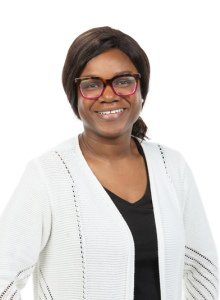
Mo' Shomade
Mo’ is a solicitor with the Manawatū Community Law Centre, and has had years of practice in both Nigeria and New Zealand. She is passionate about advocacy and helping those who need an extra hand in having a voice. Mo’ believes Restorative Justice plays a key role in the New Zealand justice system, and feels particularly privileged to be sitting on the Board.
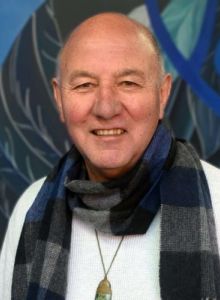
Wiremu Kingi Te Awe Awe
Chairperson of Te Rangimarie Marae, Rangitāne iwi kaumatua Wiremu Te Awe Awe serves on the Horizons Regional Council. He has been an advisor to Internal affairs, the Police and is a past member of the UCOL Board. He believes forgiveness, empathy and undertanding other people’s perspectives are important skills for everyone to develop.
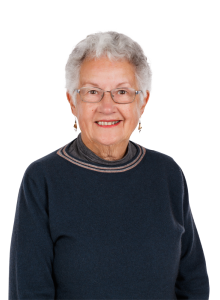
Bev Williams
From Ngati Mutunga and Ngati Tama. Bev retired after 26 years at Massey University's Information Technology Services, which included 6 years on the University Council as an elected staff representative. A past president of Zonta Manawatu, Bev is currently Chair of the Olive Tree Charitable Trust. She sees restorative justice as a meaningful way of helping victims heal, and of reducing the chances of offenders re-offending.
Our Facilitators
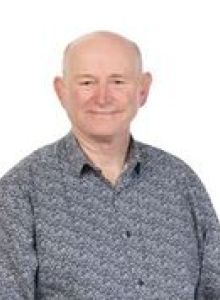
Garry Buckman
Garry has been associated with the Prisoners' Aid and Rehabilitation Society for the last 11 years, both as a volunteer and a fieldworker. He is passionate about the need for the legal system to be reformed, and sees Restorative Justice as a vital link in this process.
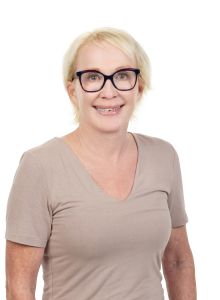
Delwyn Davies
Delwyn comes from a career in Government and Justice. Dealing with people from all walks of life, and seeing lots of hurt and anguish, gave her an interest in Restorative Justice.
She views Restorative Justice as a holistic way forward for victims and perpetrators of crimes. Delwyn believes Restorative Justice allows everyone involved to have a voice and be heard in a nonjudgmental and non-judicial way.
Facilitating meetings where people gain a personal understanding of what was happening at the time of the incident for everyone involved, and witnessing people being able to put it behind them and move forward, is a true privilege and very rewarding.
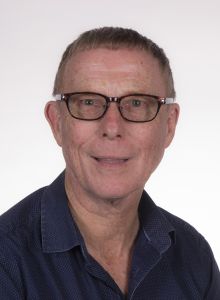
Simon Dixie
I see my work as a facilitator in Restorative Justice as a real opportunity to support people come together and reach their own solutions. If people are willing to meet and discuss what’s happened and what they want, the outcomes can be truly remarkable!
My background has seen me work with people in different aspects of the justice system. It makes a huge difference that with Restorative Justice people are driving their own outcomes.

Esmae Goodwin
Esmae was introduced to the Manawatu Restorative Justice Trust in 2009, and trained as a Facilitator in 2010. Through the years, she has seen time and again how a restorative approach to justice can bring so much healing; not just for victims but also to those who have caused harm to others. It helps far more than the punitive system which many people find themselves caught up in.
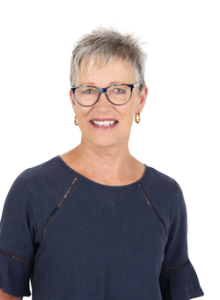
Sue Maney
Sue comes from a strong health background having worked predominantly in this area as both a practitioner and in management. She trained as a facilitator in 2023.
She feels very privileged to hear participants' stories and is passionate about supporting people in a respectful manner through the Restorative Justice process.
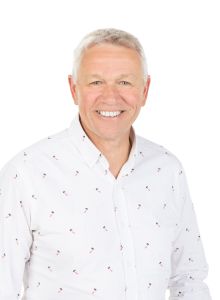
Roger McEwan
Roger has had a varied career and currently runs a small management consultancy business, is a panel member for the Real Estate Authority and he is a writer of novels. He trained as a facilitator in 2024 and enjoys the opportunity to make a difference for victims and offenders. He thinks that by bringing people together, Restorative Justice can heal harm and rebuild relationships in a manner that the court system cannot.
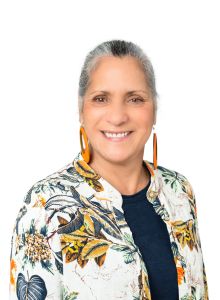
Wiki Paraki
My background is in counselling, training and assessment, both here and in Australia. I am Ngāi Tūhoe on my father’s side and German on my mother’s side.
Restorative Justice is a process I consider a privilege to facilitate. It is extraordinary what is possible when people are willing to come together and take part in this.
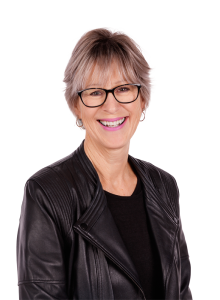
Sande Ramage
We all make a mess of things from time to time, and sometimes people are harmed by our actions. Sorting things out can be tough. There can be shame, guilt and fear of retribution. I value being a Restorative Justice facilitator because it's about helping people have respectful conversations as part of putting things right. I learn every day from people courageous enough to give it a go.
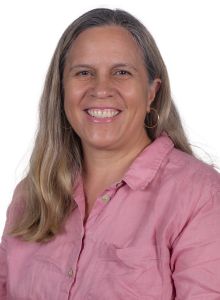
Kereana Sims
Ngāti Kahungunu, Rangitāne, Ngāti Porou, Ngāti Tūwharetoa.
Kereana is passionate about fostering healing and reconciliation through restorative justice. With a deep commitment to helping participants achieve meaningful outcomes and change, she collaborates with participants and fellow facilitators to create safe, supportive spaces for open dialogue and accountability.
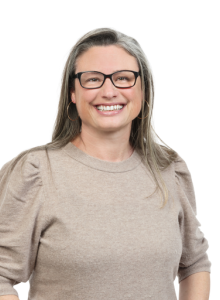
Monica Tautau
Monica is a registered social worker, who incorporates a Te Ao Māori framework and is passionate about restorative justice as a way of bringing healing to whānau, whānau whānui and community.
All people have mana, and deserve respect. Restorative justice, where appropriate, brings an opportunity for a more mana enhancing part of a solution to the court system that can be life giving for all participants.
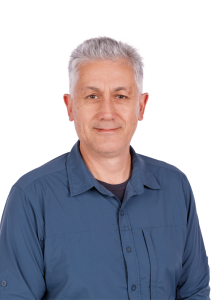
John Waldon
Dr. John Waldon - Ngai Tūhoe (Ngā Koura, Te Urewera), Ngā Kahungunu, Ngā Pōrou. With a PhD in Maori Studies, and a Master's degree in Public Health, John is a Research Advisor -Maori at Massey University. Currently Chair and President of the Manawatū centre of the Cancer Society, John has also served on the Boards of the MidCentral District Health Board, the Clinical Board of Palmersrton North Hospital, Public Health Association NZ and the NZ Drug Foundation
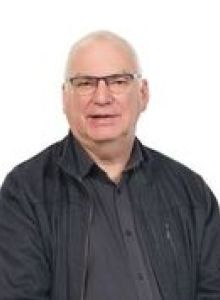
Trevor Weir
Trevor’s background is in education and dispute resolution. He is a qualified and experienced mediator. Trevor sees great value in the role that Restorative Justice can play to help people navigate forward from challenging situations
O
Our Office
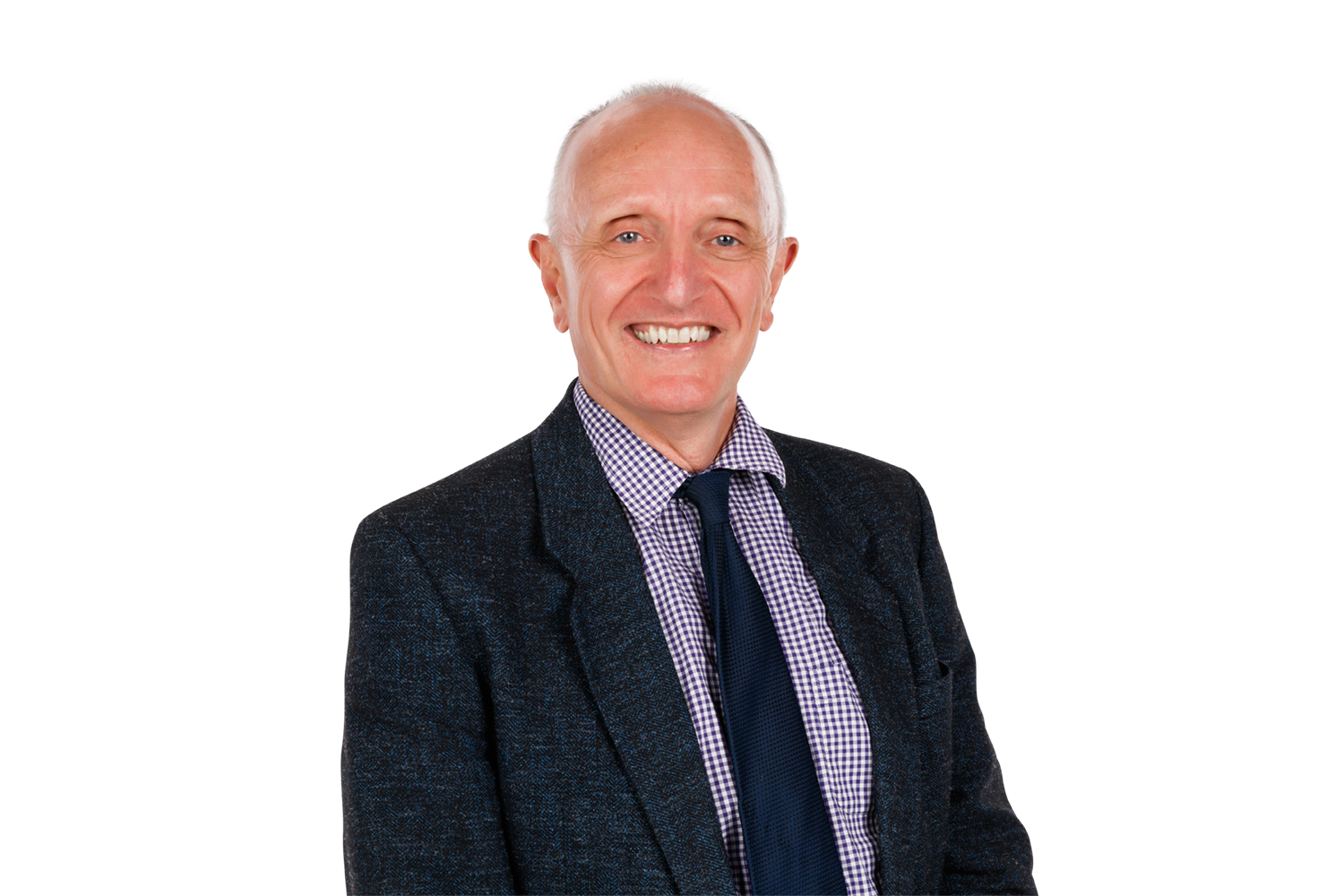
Philip Peters
Phil spent much of his life working in secondary schools, both in New Zealand and in SE Asia. He saw how much more effective restorative justice was in education than simply punishing a student who had broken a rule. By involving everyone affected by the act - teachers, parents and other students – pupils came to understand the effects of their actions and could be helped to repair the damage.